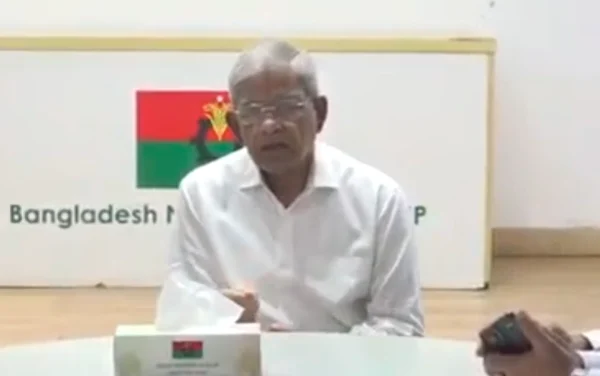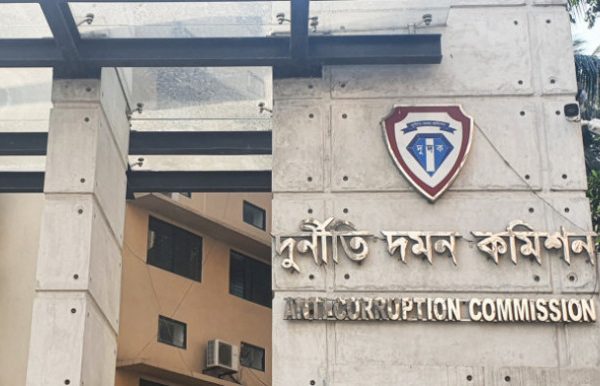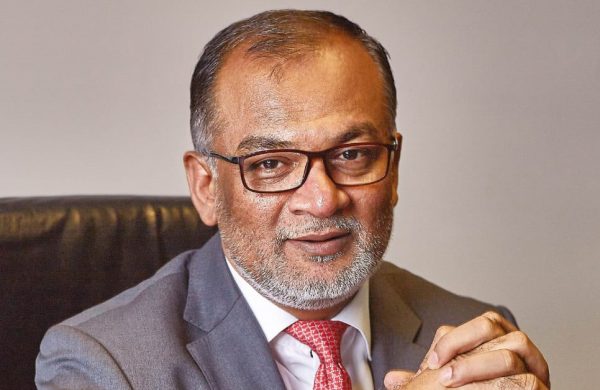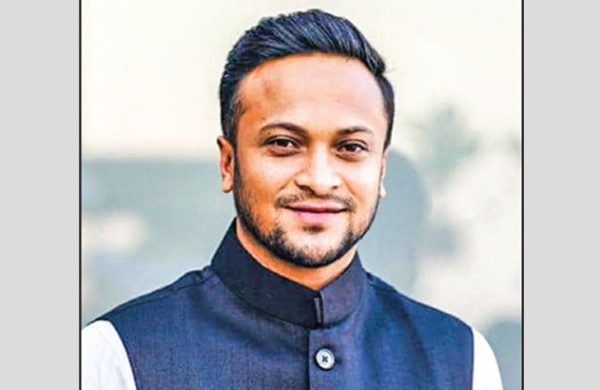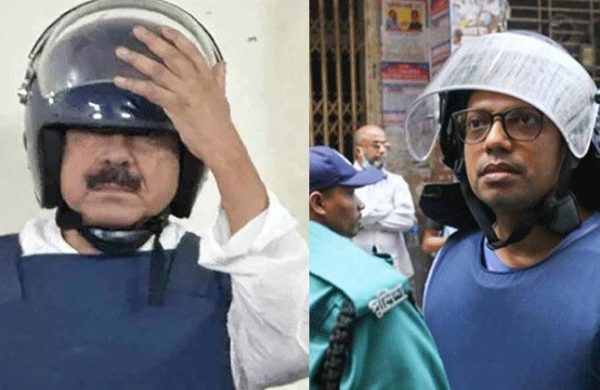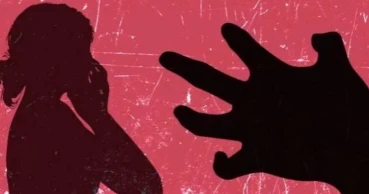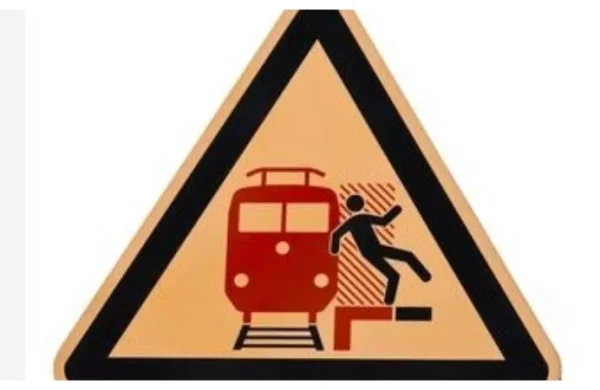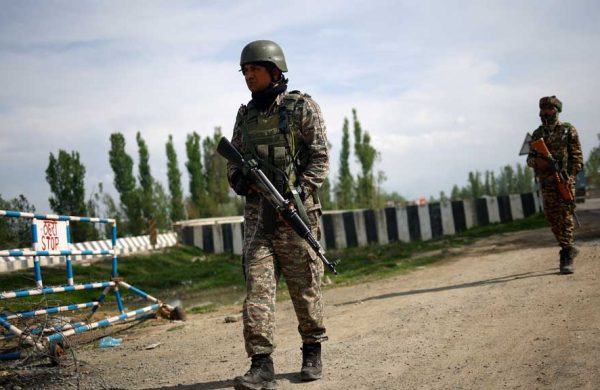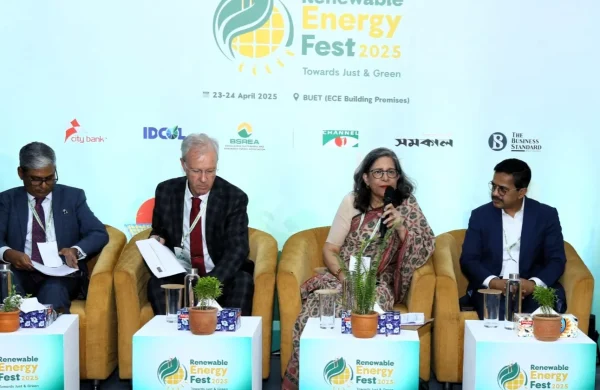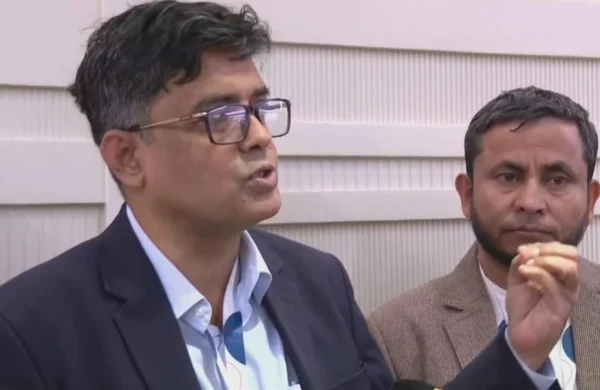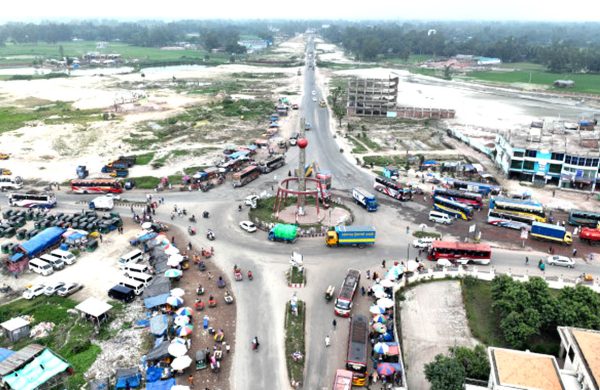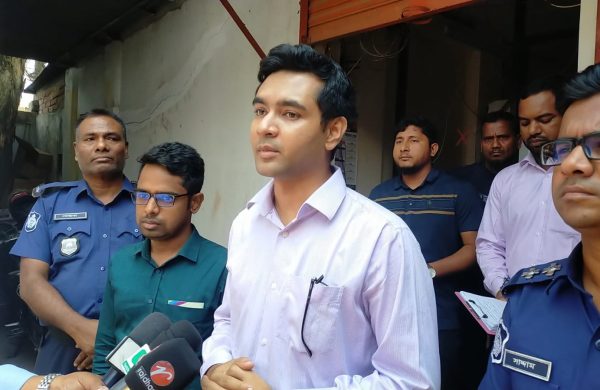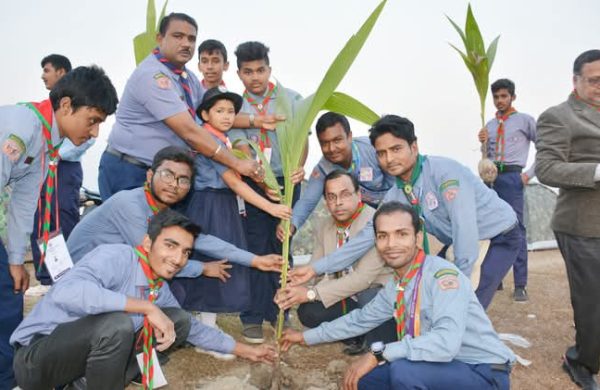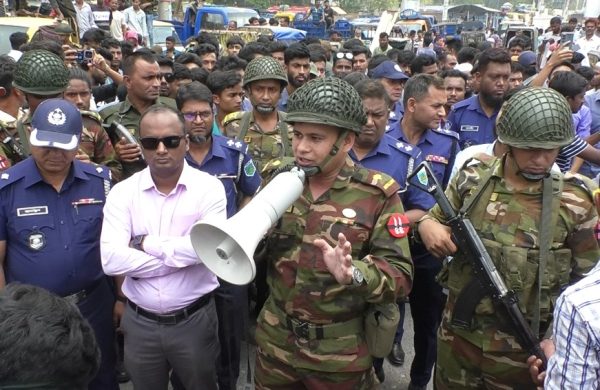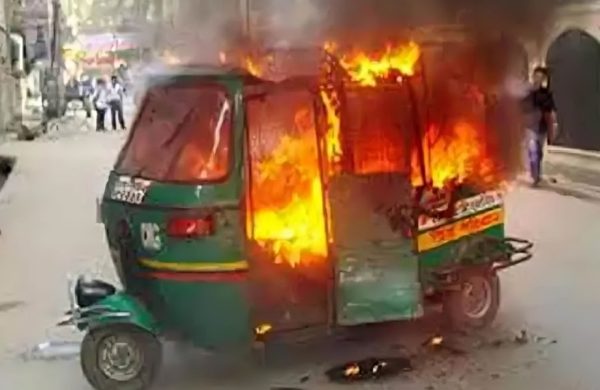Who cares about the mental health of police?
- Update Time : Friday, June 14, 2024
- 103 Time View

- Police forces needed mental recreation, timely promotions and logistic supports
TDS Desk:
No fixed work hours. No overtime allowance even after working beyond eight hours. No healthy meals. No regular holidays. Senior officers allegedly mistreat the subordinates. Then again, promotions and transfers are made in political consideration or bribes, such as allegations have now become a regular phenomenon in the police department. But, why?
Working under such pressure and negligence, the members of the police force working in the field often are embroiled in family discord, divorce and even suicide.
There are no promotions or choice transfers without political consideration and bribes. The senior officers mistreat the subordinates. Suffering physically and mentally, the field level members of the police force are not in a good state, many of them said.
Speaking to reporters on condition of anonymity, several members of Dhaka Metropolitan Police (DMP) said that most of the police constables live in barracks. The quality of food there is extremely poor. Living and eating in such quarters makes it difficult for anyone to carry out duty for 10 to 12 hours at a stretch.
These policemen complained that only the BCS police cadre get all the perks and benefits. Facilities and benefits are not increased for those working at the field level, facing violence, natural disaster and all sorts of adverse circumstances. They apprehend that unless the deprivation in living conditions, meals, promotions and transfers is addressed, there may be an increase in incidents like that which took place in Gulshan.
MENTAL HEALTH IGNORED
Other than all this negligence, the mental health of police in the field is also ignored. Recently a police constable on duty in Gulshan shot his colleague dead, bringing to the fore the matter of mental health.
Earlier, a policeman named Ashrafuzzaman Rony (22), on duty at a checkpost in Banani of the capital last year, committed suicide by shooting himself in the chest. The same year in Panchagarh, another member of the police force, Firoz Ahmed, quarreled with his wife and them committed suicide.
While talking, about 20 police officials seeking anonymity told that, from the rank of constable to inspector, members of the police are on duty for 10 to 12 hours a day. When they return to the barracks after duty hours, they do not have either good meals or living facilities. When this is the situation in which they live, who even inquires about their mental health?
These police members went on to say, now there are no promotions or choice transfers without political consideration and bribes. The senior officers mistreat the subordinates. Suffering physically and mentally, the field level members of the police force are not in a good state.
REFORMS PROPOSED, IMPLEMENTATION UNCERTAIN
In 2020 the police headquarters took initiative to bring about reforms in the police force. These included “Implementing Vision 2021 and Vision 2041” and research on forming “people’s police” covering issues of promotions, transfers, holidays, housing, healthcare, children’s education, behaviour, corruption, and resolving problems of women police members.
Those participating in the research gave 13 types of suggestions on police health and welfare. This included healthy food and living quarters, fixed work hours and overtime allowance, extended annual leave, life-long rations for martyred police members, an epidemiology unit, modernisation of medical facilities, and ensuring physical and mental health.
The research said that the police’s physical and mental health was in a pitiful state. In this regard, 12 recommendations were made for modernising the medical system and ensuring physical and mental healthcare. Significant among the recommendations were three 8-hour shifts in 24 hours, holidays, recreation and sports.
It has been four years since then, but the sufferings of the field level police have not been assuaged and no effective steps have been taken to ensure healthcare.
A senior official involved in this research said, “On the whole, there is a sense of unrest among the people in the country in general. The police community are a part of this society. That is why this has an impact on the police too.” He said, “Many initiatives were taken for positive changes in the police force. Many steps have been implemented, some are underway. But the physical and mental health of the police members at the field level to a great extent is still neglected.”
During recruitment, mental health must also be checked along with physical health to see if the candidate is fit for the police force. A police member must be regularly monitored to check whether his mental health has been affected during service, and due measures must be taken
Speaking to reporters on this issue, police headquarters spokesperson assistant inspector general (AIG) Enamul Haque said, “When members of the police are recruited, stress management is part of the basic training. Then during long service life, there is in-service training too on management mental pressure. Counseling is also offered.”
Terming the Gulshan incident as an isolated occurrence, this police official said, “If necessary, stress management training will be increased further so that such incidents do not take place.”
Associate professor of the National Institute of Mental Health, Helal Uddin Ahmed, said, “Members of the police always have to word under pressure. That is why during recruitment, mental health must also be checked along with physical health to see if the candidate is fit for the police force. A police member must be regularly monitored to check whether his mental health has been affected during service, and due measures must be taken.”


